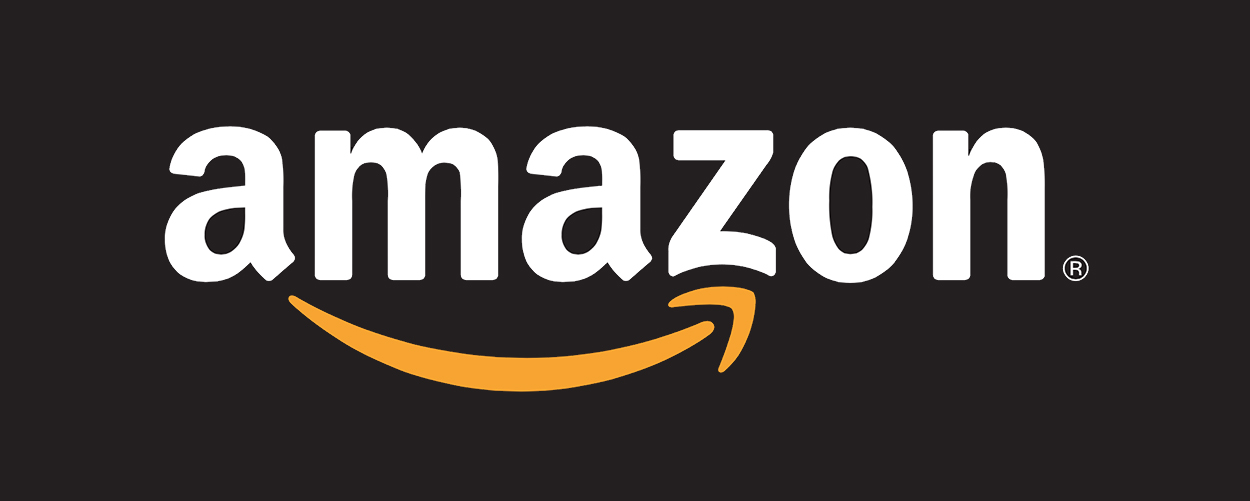This website uses cookies so that we can provide you with the best user experience possible. Cookie information is stored in your browser and performs functions such as recognising you when you return to our website and helping our team to understand which sections of the website you find most interesting and useful.
Business News Digital Legal Retail
Amazon hits out at its inclusion in US government’s notorious markets piracy report
By Chris Cooke | Published on Monday 4 May 2020

Amazon has hit back at the US government’s decision to include some of its foreign subsidiaries in the annual notorious markets piracy report, claiming that its inclusion is politically motivated because of the ongoing beef between President Donald Trump and Amazon boss Jeff Bezos.
The latest anti-piracy report from the US Trade Representative was published last week. This annual document identifies countries and companies around the world that are failing to respect and protect the intellectual property rights of American businesses. It is informed by submissions from those US-based IP owners, including the American music industry.
There are two parts to the report – the first criticising the IP regimes of countries and the second criticising individual companies and websites. In the former the countries whose slack approach to intellectual property are currently causing most concern to US officials are identified as: Algeria, Argentina, Chile, China, India, Indonesia, Russia, Saudi Arabia, Ukraine and Venezuela.
The list of companies and websites criticised in the latest report includes many of the usual suspects, with The Pirate Bay making its customary appearance alongside various other file-sharing and stream-ripping services.
Russian social network VK is also still included because, while it is now in business with the music industry, the movie studios say that the social media site still facilitates the unlicensed distribution of their content. Though the USTR notes positive moves made by VK’s owner Mail.Ru Group, partly in response to the anti-piracy initiatives of the Russian government.
But the surprise new entry in the companies list was Amazon. Not least because the notorious markets list is generally of companies based outside the US whose activities affect American IP owners and/or provide unlicensed content or sell counterfeit goods to American consumers.
So, therefore, you’d not expect such a major US-based company to appear. The USTR sneakily got around that issue by specifically stating that its problem was with Amazon’s subsidiaries in Canada, Germany, France, India and the UK.
Amazon’s listing is actually the result of a complaint by the American Apparel & Footwear Association. That complaint relates to third parties selling goods via the Amazon platform.
The AAFA says that some of those third parties sell counterfeit knock offs of its members products and that Amazon doesn’t do enough to identify and remove those sellers from its site. Plus the way Amazon shows seller information makes it difficult for consumers themselves to distinguish the official from the unofficial sellers and products.
Although it was the American fashion industry that got Amazon officially declared a notorious market, at various points in the past the music industry has raised similar concerns about the web giant’s vetting of third party sellers.
A few years ago labels in US raised concerns that bootleg CDs were being routinely sold by rogue operators via the Amazon platform and – because of the way Amazon operates – the bootleg versions were sitting right alongside the legit versions.
And two years ago four men were convicted in the UK courts for running a copyright infringing bootleg vinyl operation which had, in part, relied on Amazon to sell its pirated discs.
In the latest notorious markets report, the USTR states that rightsholders feel that “anyone can become a seller on Amazon with too much ease because Amazon does not sufficiently vet sellers on its platforms”. And that “Amazon’s counterfeit removal processes can be lengthy and burdensome, even for right holders that enrol in Amazon’s brand protection programmes”.
However, Amazon has hit back at its inclusion in the anti-piracy report, arguing that the US government has ignored its extensive efforts to ensure only legitimate products are sold on its websites. Its inclusion, the company said, was simply part of Donald Trump’s highly public ongoing feud with Amazon boss Jeff Bezos, who also owns the Trump-criticising Washington Post.
A spokesperson told Politico: “This purely political act is another example of the [Trump] administration using the US government to advance a personal vendetta against Amazon. Amazon makes significant investments in proactive technologies and processes to detect and stop bad actors and potentially counterfeit products from being sold in our stores”.
Meanwhile, the US Internet Association, of which Amazon is a member, also suggested that the USTR report was an inappropriate place to criticise a domestic web giant. Its Director of Trade Policy, Jordan Haas, said: “American online marketplaces proactively combat the sale of counterfeits every day and work hand in glove with rightsholders to prevent their sale”.
“IA member companies have developed robust notice and takedown procedures, strong partnerships with rightsholders and law enforcement, and proactive tools and measures to prevent counterfeits sales online”, he went on. “The industry will continue to develop new tools and partnerships, working closely with USTR, the Department Of Homeland Security, law enforcement, and policymakers, in order to combat this problem”.





